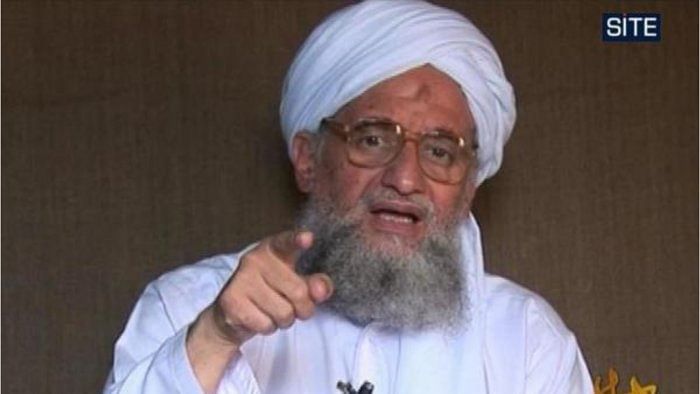
The killing of al-Qaeda chief Ayman al-Zawahiri in a US drone strike is an important victory against global terrorism. Zawahiri, who was Osama bin Laden’s adviser and strategist, succeeded the al-Qaeda founder on his death in 2011.
Though not as charismatic as bin Laden, Zawahiri steered al-Qaeda through a particularly difficult phase when it had to fight off not only the US forces but also the ISIS. Somewhat sidelined by ISIS since 2014, al-Qaeda, however, kept itself relevant in jihadist circles; Zawahiri played an important role in this. With his exit, al-Qaeda finds itself in a weaker situation than it did after bin Laden’s death.
Zawahiri does not have a clear successor and his death could plunge al-Qaeda into infighting.
Zawahiri was in a ‘safehouse’ in Kabul when the US drone struck him. That he was ensconced in the Afghan capital reveals the extent of protection he enjoyed from the Taliban regime. Under the February 2020 US-Taliban agreement, the insurgent group had promised to snap ties with al-Qaeda and other terror groups. It would not allow them to operate out of Afghan soil, it said. The sanctuary provided to the al-Qaeda chief is yet more evidence that the Taliban has not changed.
There is speculation that the Pakistan military may have provided the US with inputs on his location in return for the Americans opening their purse strings generously to Pakistan. It is possible too that a Taliban faction opposed to ties with al-Qaeda provided the Americans information on Zawahiri’s location. If this was the case, infighting in the regime will surge and South Asian geopolitics will witness much upheaval in the coming months.
Zawahiri had tried to make inroads into India, setting up the al-Qaeda in the Indian Subcontinent (AQIS) in 2014, but had little success. He stepped up efforts to recruit Indians to the jihadist cause in recent months by circulating videos where he urged Indian Muslims to fight against the “assault on Islam” in the country. Following Nupur Sharma’s offensive remarks against the Prophet, he called for jihad against India and warned of suicide attacks in Indian cities. With his death, al-Qaeda may have weakened but its fighters will be looking for opportunities to signal the terror group’s continued capacity and relevance. India cannot lower its guard against jihadists. India’s war on terrorism, however, cannot rely on muscular and military measures alone. Domestic discontent that prompts people to take up arms needs to be addressed. This is imperative as India and other countries chart the way forward to deal with the post-Zawahiri scenario.